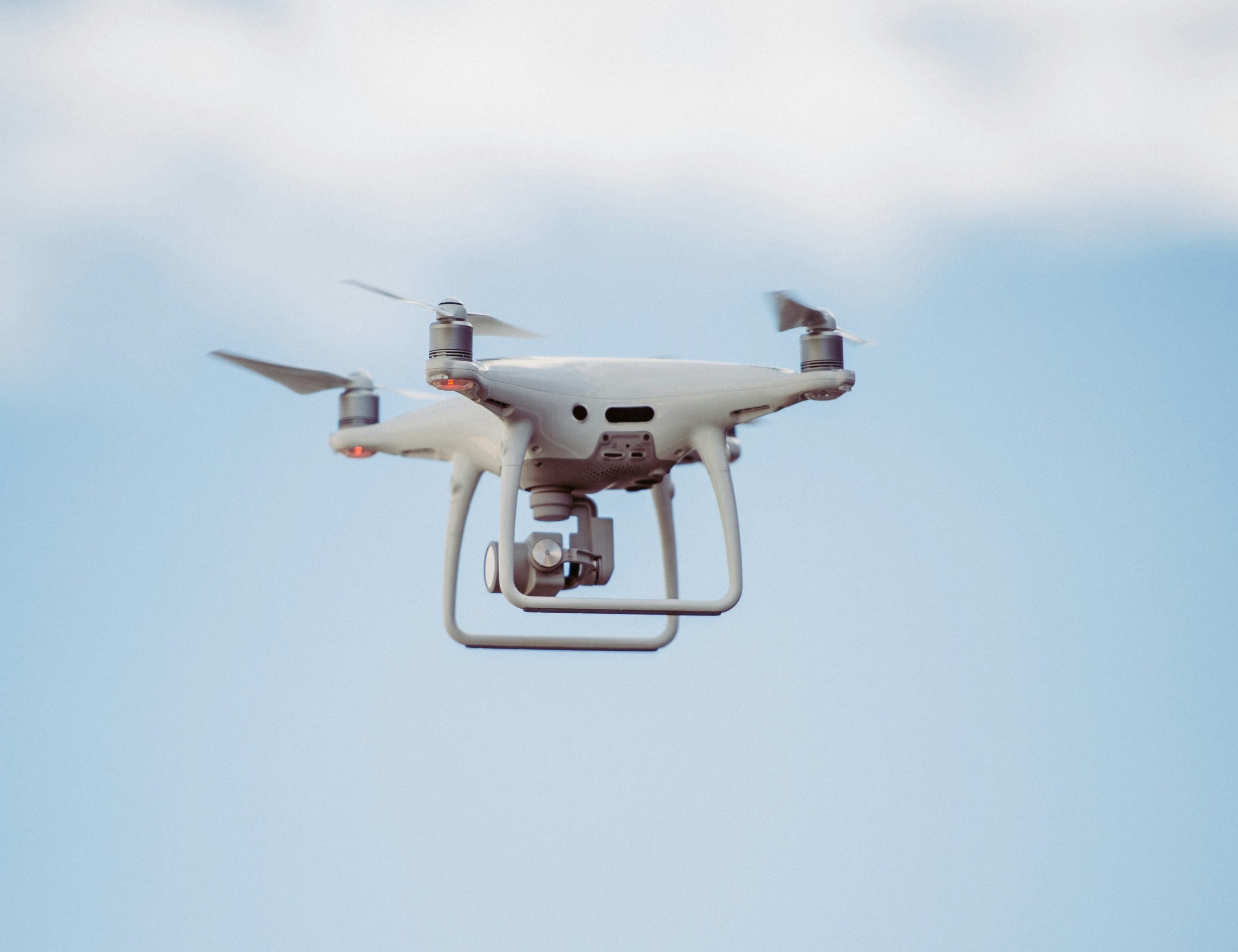
Fitness Technology Shaping the Future
Introduction
Fitness technology, also known as “fit tech,” is revolutionizing the way people approach health and wellness. From wearable devices to advanced fitness apps and AI-powered personal trainers, the landscape of fitness is rapidly evolving. This article explores how fitness technology is shaping the future, enhancing personal health management, and transforming the fitness industry.
Wearable Devices: Beyond Counting Steps
Wearable fitness devices have moved far beyond simply counting steps. Modern wearables, such as smartwatches and fitness trackers, now integrate sophisticated sensors and algorithms to track a wide range of metrics including heart rate variability, sleep patterns, calorie expenditure, and even stress levels. These devices provide users with real-time feedback and insights into their physical activity and overall health.
- Example: The Apple Watch Series integrates ECG capabilities, enabling users to monitor their heart health closely.
- Case Study: Fitbit’s success in combining fitness tracking with community engagement has made it a leader in wearable fitness technology.
Fitness Apps: Personalized Training Anytime, Anywhere
Fitness apps leverage the power of smartphones to offer personalized training programs and nutrition plans. They use AI algorithms to analyze user data and provide customized recommendations, catering to individual fitness levels and goals. These apps make it convenient for users to access professional training guidance without the need for a physical trainer.
- Example: Nike Training Club app offers a variety of workouts designed by professional trainers, adaptable to different fitness levels.
- Case Study: Strava combines social networking with fitness tracking, creating a vibrant community of athletes who share their activities and achievements.
Virtual Reality (VR) Fitness: Immersive Workout Experiences
Virtual reality is transforming the fitness landscape by offering immersive workout experiences that make exercise more engaging and enjoyable. VR fitness programs simulate environments that range from scenic landscapes to intense fitness challenges, motivating users to stay active through interactive gameplay and challenges.
- Example: VR applications like Supernatural combine music, coaching, and virtual landscapes to create a compelling workout experience.
- Case Study: Oculus Move integrates fitness tracking directly into VR headsets, encouraging users to set goals and track their progress seamlessly.
Artificial Intelligence in Fitness: Personalized Coaching and Predictive Insights
Artificial intelligence is playing a crucial role in fitness technology by offering personalized coaching based on individual data and preferences. AI algorithms analyze vast amounts of data to provide actionable insights, predict health outcomes, and optimize training regimens for maximum efficiency.
“AI-driven fitness platforms can adapt workouts in real-time based on user feedback, making them more effective than static training programs.” – Fitness AI Expert
- Example: Freeletics uses AI to generate personalized workout plans and provide real-time feedback during workouts through its virtual coach.
- Case Study: Peloton utilizes AI to recommend classes and adjust resistance levels on its connected fitness equipment, enhancing user experience and results.
The Future Outlook: Integrating Health and Wellness
Looking ahead, the future of fitness technology lies in integrating with broader health and wellness ecosystems. Seamless connectivity between fitness devices, electronic health records, and telemedicine platforms will enable more comprehensive health monitoring and preventive care strategies. This integration aims to empower individuals to take proactive steps towards better health and well-being.
Conclusion
Fitness technology continues to evolve, offering innovative solutions that enhance personal fitness journeys and reshape the fitness industry. From wearable devices that monitor health metrics to AI-powered virtual coaches and immersive VR experiences, these technologies are making fitness more accessible, engaging, and effective than ever before. As we move forward, the synergy between technology and health will undoubtedly continue to drive new advancements, ultimately empowering individuals to live healthier lives.
Whether you’re a fitness enthusiast or someone looking to improve your health, embracing these technological innovations can pave the way for a fitter, healthier future.



